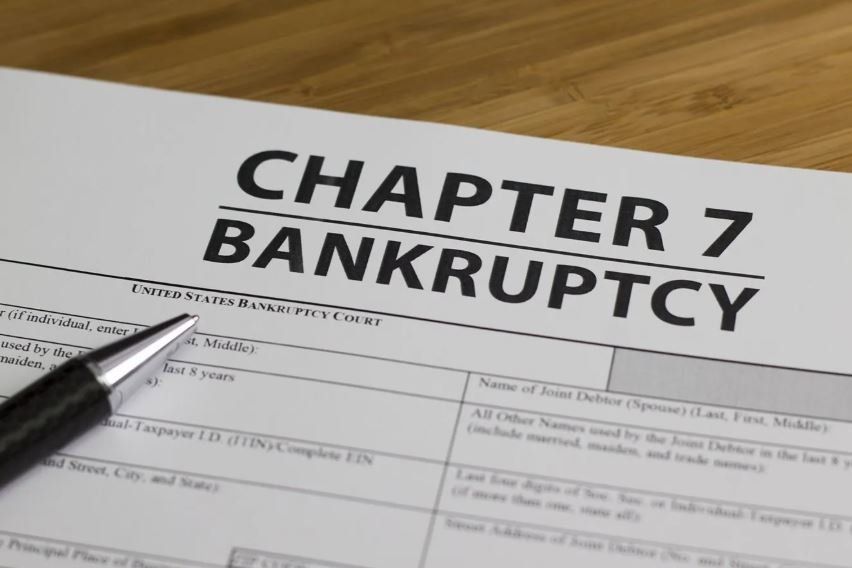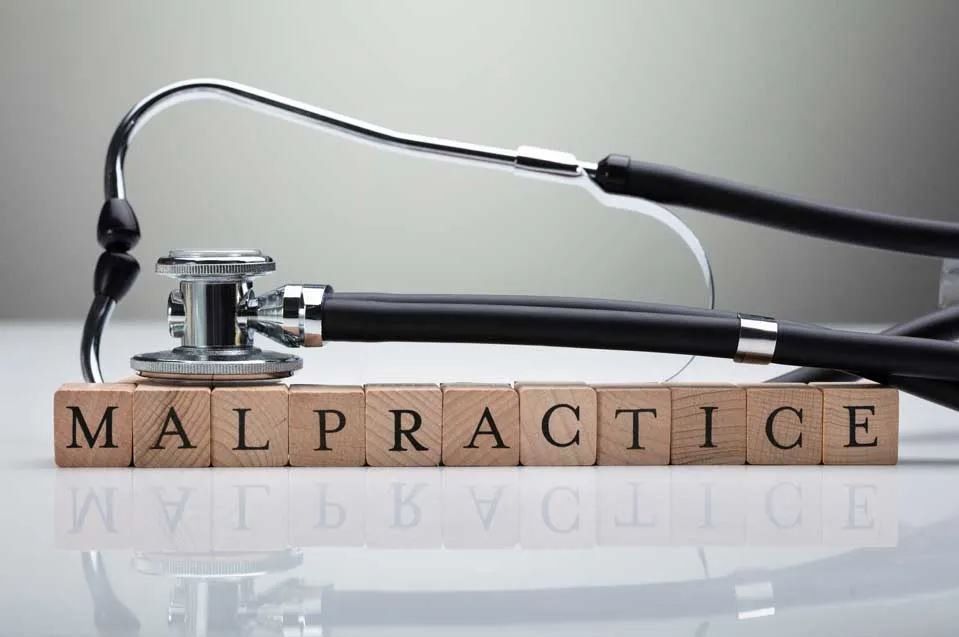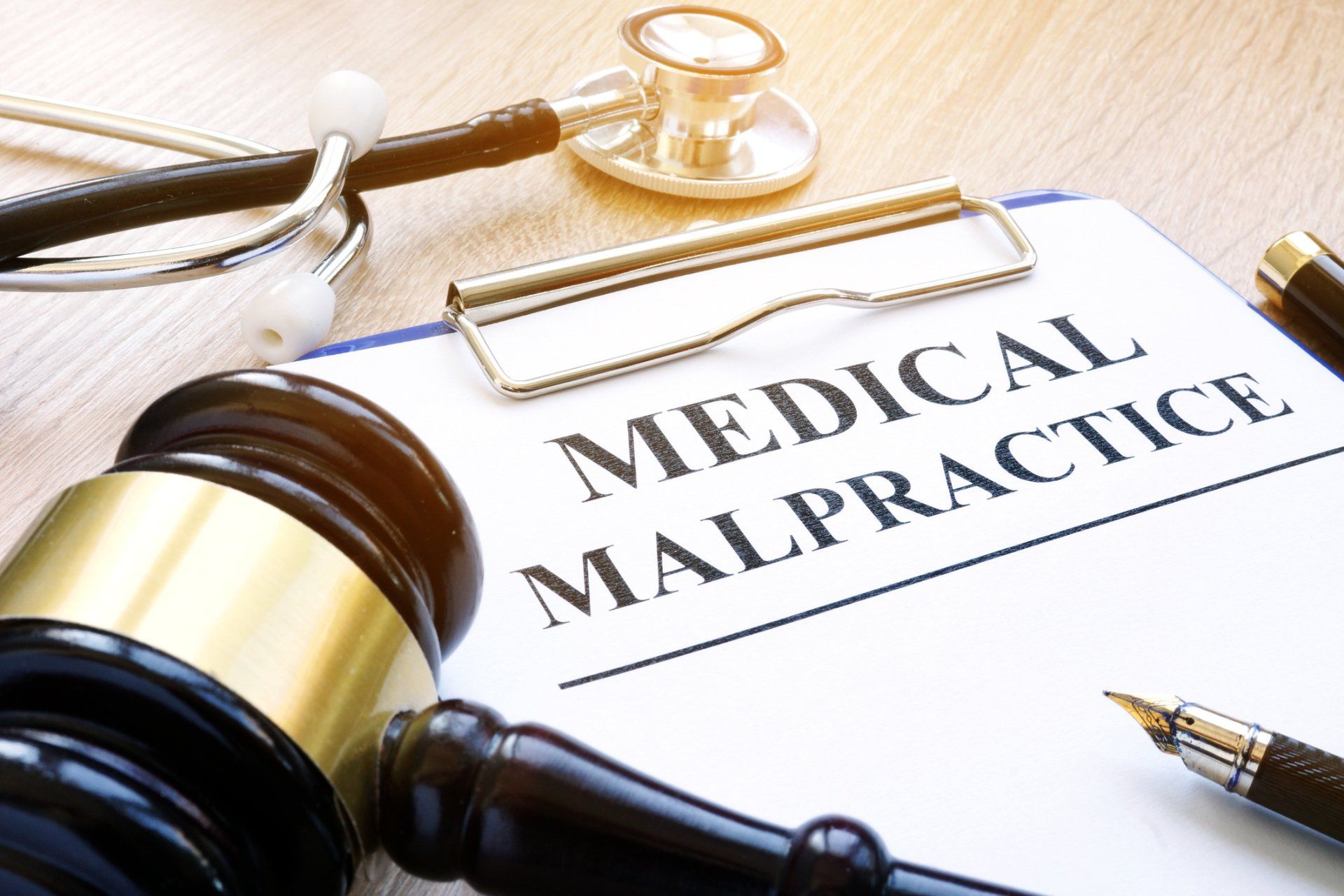Blog Layout
Understanding Chapter 7 Bankruptcy: Qualify, File, and Discharge
Admin • Jun 11, 2019

Filing bankruptcy can be a viable option for many who have lost control of their finances for one reason or another. While surprising to hear, almost 800,000 bankruptcies
were filed in 2016 alone. Therefore, bankruptcy is more common than most people think. Since different bankruptcy options are available, know which one is right for you if you are considering filing.
Known as a liquidation form of bankruptcy, chapter 7 is a popular option among consumers. Basically, this bankruptcy liquidates debts you are unable to pay as opposed to paying back the debts over a period of time, which is part of a chapter 13 bankruptcy.
Even though chapter 7 bankruptcies are common, most people do not understand the process involved with them. This guide will walk you through the qualifying, filing, and discharging process of chapter 7 bankruptcy.
Qualify
Schedule a consultation with an attorney
to determine if bankruptcy is the right option for you. A means test will decide whether you qualify for filing chapter 7 or chapter 13 bankruptcy.
The means test determines your disposable income, which is the amount of money left over (after paying essential expenses) from your average income over a period of six months.
In most cases, the more disposable income you have, the less likely you will qualify for chapter 7. Your attorney and the courts will state you have enough disposable income to pay off your creditors instead of liquidating your debts through chapter 7.
Note that even if the means test qualifies you, the bankruptcy courts will have the final say in whether or not you have the disposable income to file chapter 7 or pay your creditors through a chapter 13 bankruptcy.
File
To begin filing chapter 7, your attorney will require numerous documents including proof of income and bank statements for the last six months. Also, you will need to provide copies of your tax returns from the last two years.
Bill statements for rent/mortgages, auto loans, utilities, insurance, and credit cards should also be provided to your attorney. Statements showing retirement and investment accounts and appraisals of property, such as real estate and vehicles, will also be necessary.
You will also need to complete a credit counseling course before you can file bankruptcy. Your attorney can recommend a few local or online courses if necessary. Once completed, you will receive a certificate that you must include in your bankruptcy filing application.
After filing the application, you will need to attend a meeting of creditors. Also known as the 341 meeting, the meeting of creditors will address your finances and reasons for filing bankruptcy. You and your bankruptcy trustee will be present at the meeting. However, creditors do not always attend.
During the meeting, you may be asked about your property/assets and income. Creditors may inquire about recent purchases you made on credit cards and what your hopes/plans are in regards to secured property, such as home mortgages and vehicles.
The meeting of creditors can be emotionally overwhelming for many consumers, but do your best to remain calm and answer questions with complete honesty.
After filing and attending the meeting of creditors, the courts will decide if you do, in fact, meet the requirements to file chapter 7. You will also need to attend a financial management course. This is in addition to the credit counseling course required before filing.
Discharge
If all the stipulations and requirements are met, the courts will grant the bankruptcy discharge, releasing you from the debts.
The process can be time-consuming, and the exact timeframe will depend on your specific case. On average, you can expect the discharge to be completed within three to six months after filing.
For more information on chapter 7 or another form of bankruptcy, contact Friedman, Poole & Friedman, P.C. today.
01 Sep, 2020
The medical care you receive during your pregnancy affects your baby's health. Medical malpractice during pregnancy can harm the baby. Learn more here.
By Admin
•
01 May, 2020
If you own rental property, and you have some problematic tenants, check out these four reasons you can start eviction proceedings.
By Admin
•
21 Oct, 2019
Do you want to know what will happen to your investments if you declare bankruptcy? Use this short guide to investment types and bankruptcy results.
By Admin
•
11 Sep, 2019
If you've encountered harm due to a medication you took, you may want to consider filing a lawsuit. Read our blog to learn more about when you should file.
MOBILE
Address: 917 Western America Cir. Suite 210 Mobile, AL 36609
Phone: 251-344-5015
Fax: 251-725-6233
lcooper.wcp@gmail.com
DEMOPOLIS
Please excuse us as we are in the process of re-opening a Demopolis Office for in-person consultations. In the meantime, please contact our office if you are in or around the Demopolis area.
Phone: 334-287-0058
HOURS OF OPERATION
By Appointment Only
Content, including images, displayed on this website is protected by copyright laws. Downloading, republication, retransmission or reproduction of content on this website is strictly prohibited. Terms of Use
| Privacy Policy





